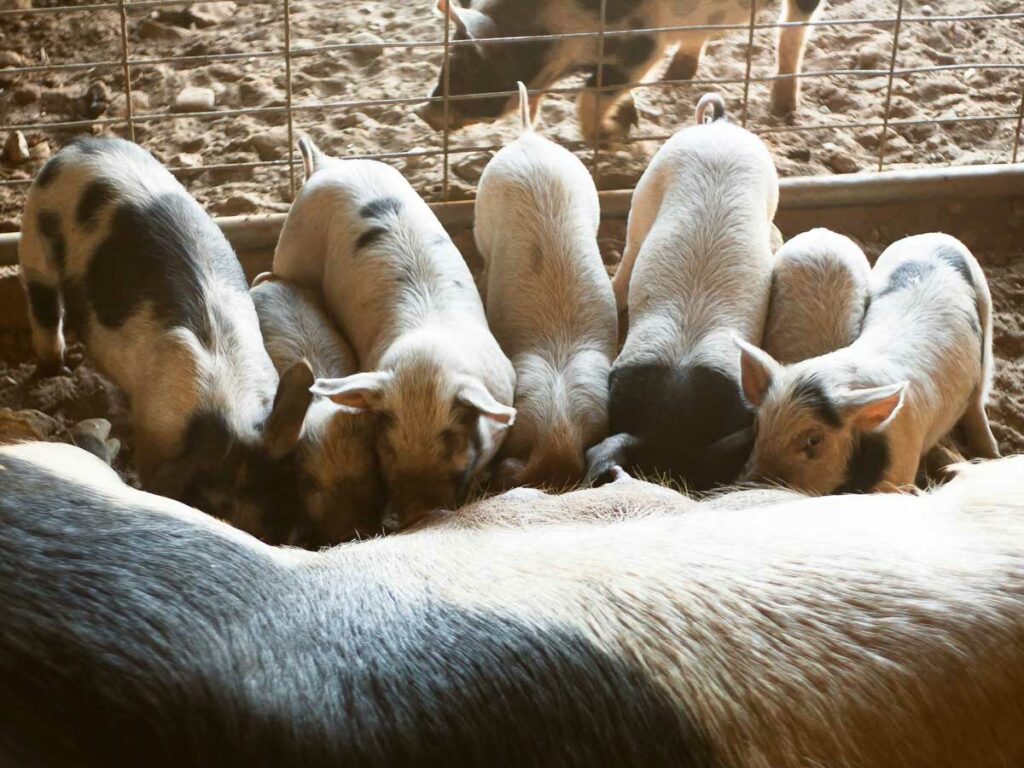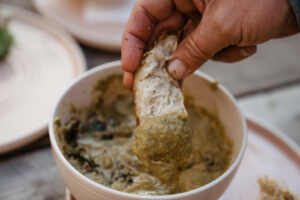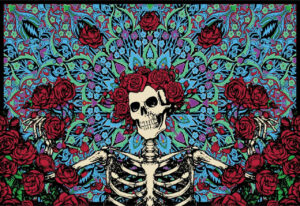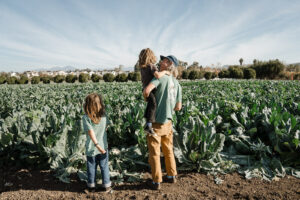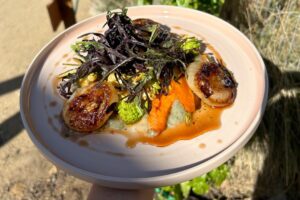Design your flock off nature. Use the whole animal. Practice holistic management and positive animal husbandry. When considering the holistic management and positive husbandry of animals, the most responsible thing we can do is truly committed to not only using the whole animal but to only purchasing meat that’s in season, local, and has been raised with integrity.
Animals are a natural part of the fertility cycle. They create manure which fertilizes the soil, providing nutrients for vegetables and other plants. When they’re pastured, they not only offer management of the vegetation, but they offer delicate destruction of the landscape. When managed properly, hoofed animals can be used to churn the soil, create beds for seeds, and pollinate the land. We can and should put animals to their best use as stewards of the farm and our food system.
In a society that eats meat, we need people willing to raise meat in a beneficial – not in a depleting – way.
In Southern California, the more common approach to husbandry is difficult because of a lack of precipitation, but – as always – one should design one’s flock off nature. Considering the natural patterns of animals, we can watch the buffalo stampede in close quarters from prairie to prairie. They do not stay in a paddock until it is destroyed, they delicately destroy the landscape and then move on so it can regenerate. When we raise our animals, we should do the same.
Celebrating the use of the whole animal, especially in culinary, is essential. We must recognize because of the hard work it takes to raise animals well, we need to patron restaurants with chefs who work creatively to use the whole animal, and we should, at home, do our part to support our local economy. Why? With a local economy that produces local food, we can repopulate our food system. This results in a vibrant, realistic culture. Just like we cannot only have our favorite season (we have to have four), we cannot only have our favorite (or most familiar) cuts of meat. Sometimes we have to get creative, we have to make concessions, and we have to realize every piece is part of the whole.
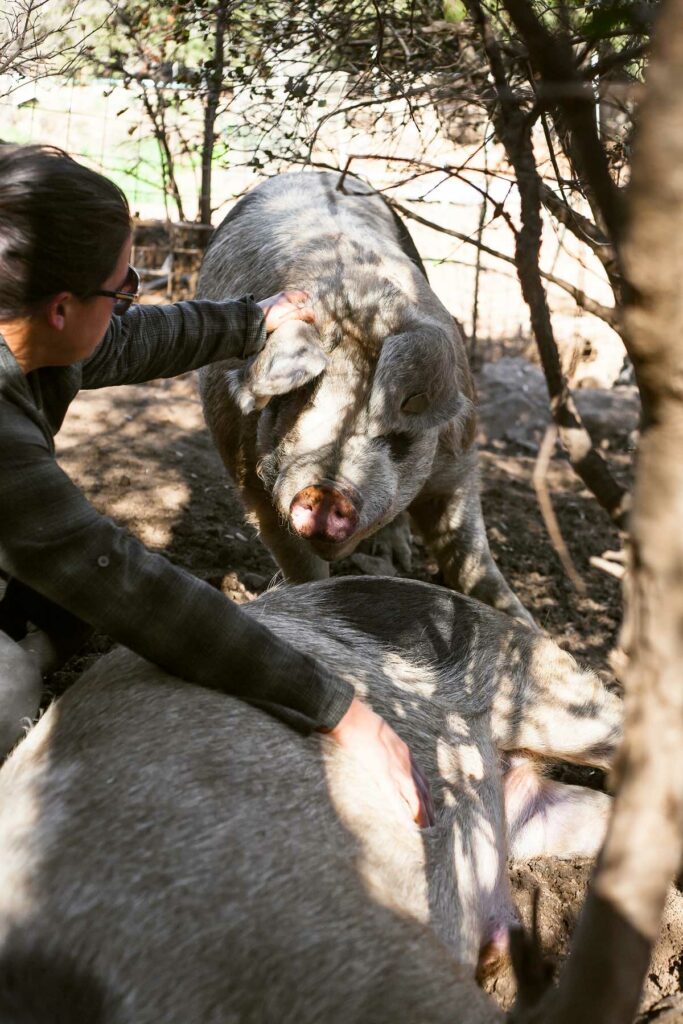
Animals are integral to a healthy farm ecosystem; they always have been and always will be. As stewards of our landscape, animals provide the incredible function of fertility and land management. Moreover, they offer important economic and culinary products. From eggs to meat and cheese, animals are essential.
This is not a conversation about whether we should or should not raise animals, it’s a conversation about how we raise them. Animals provide us with so many amazing things, the least we can do is care for them with love and respect.
We have to love our goats, sheep, chickens, and pigs as much as we love our dogs and cats.
Currently, the way we bring animals to our plate is cruel, industrial, and inhumane. If we raise animals healthfully, they make our land healthier which, in turn, makes our food and planet healthier. Animals were not designed to eat corn, hormones, grain, and seed. They are meant to eat seasonally, and primarily herbaceous material. Since that’s the case, how can we expect them to taste delicious if the very food we’re giving them is inedible?
We have to ask the cost at which we’ve designed our conventional system of animal husbandry. Yes, it’s convenient and efficient for the mass production of meat, but is it possible to design a system that’s instead celebratory of a healthy community and healthy ecosystem? If we did, we would see dynamic grazing patterns that model wild animals.
Eat smaller portions, less frequently. Animals and their meat should be celebrated and respected.
Practically speaking, raising animals with respect means we have to redesign not only our farms but our relationship to animals as a whole. How can we treat them well, providing the right size pastures at the proper rate of rotation? Interestingly, if we give animals the right and diverse types of food, paired with a culture of care that honors humane and organic practices, we can raise fewer animals with the same yield.
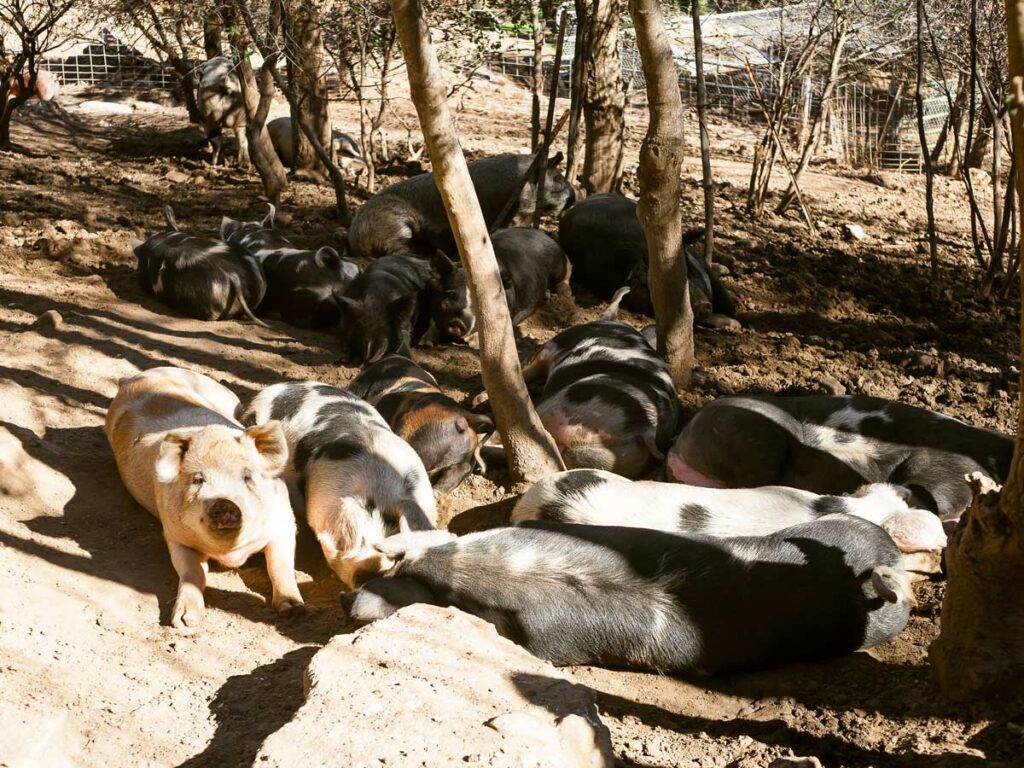
We care for our animals from birth to death and respect them accordingly on the plate. We believe we need to not only minimize our production of animals but our consumption as well. The goal is to raise our animals locally, with ranchers we know, who have integrity and share the principled commitments we believe in. Ideally, we buy directly from these farmers at markets, through cooperatives and local butchers.
Respecting animals is a commitment because if we cannot find sources of meat that share our values, we have to opt-out. That might mean seeking a full-time vegetarian diet, it might mean going vegetarian once a week. Either way, both are incredibly beneficial, regenerative, and kind to the environment.


